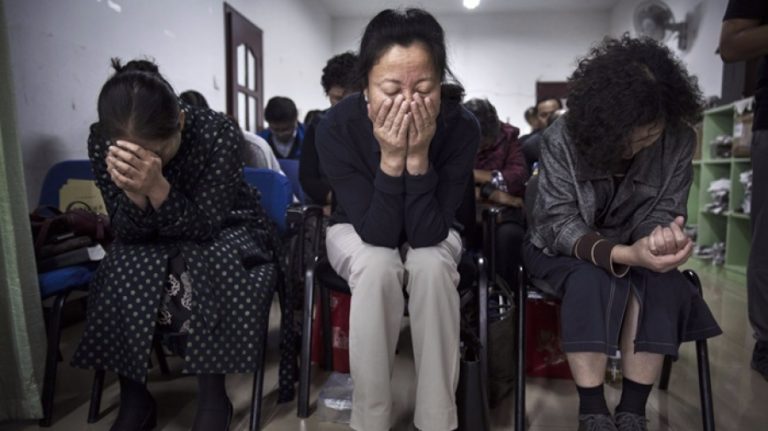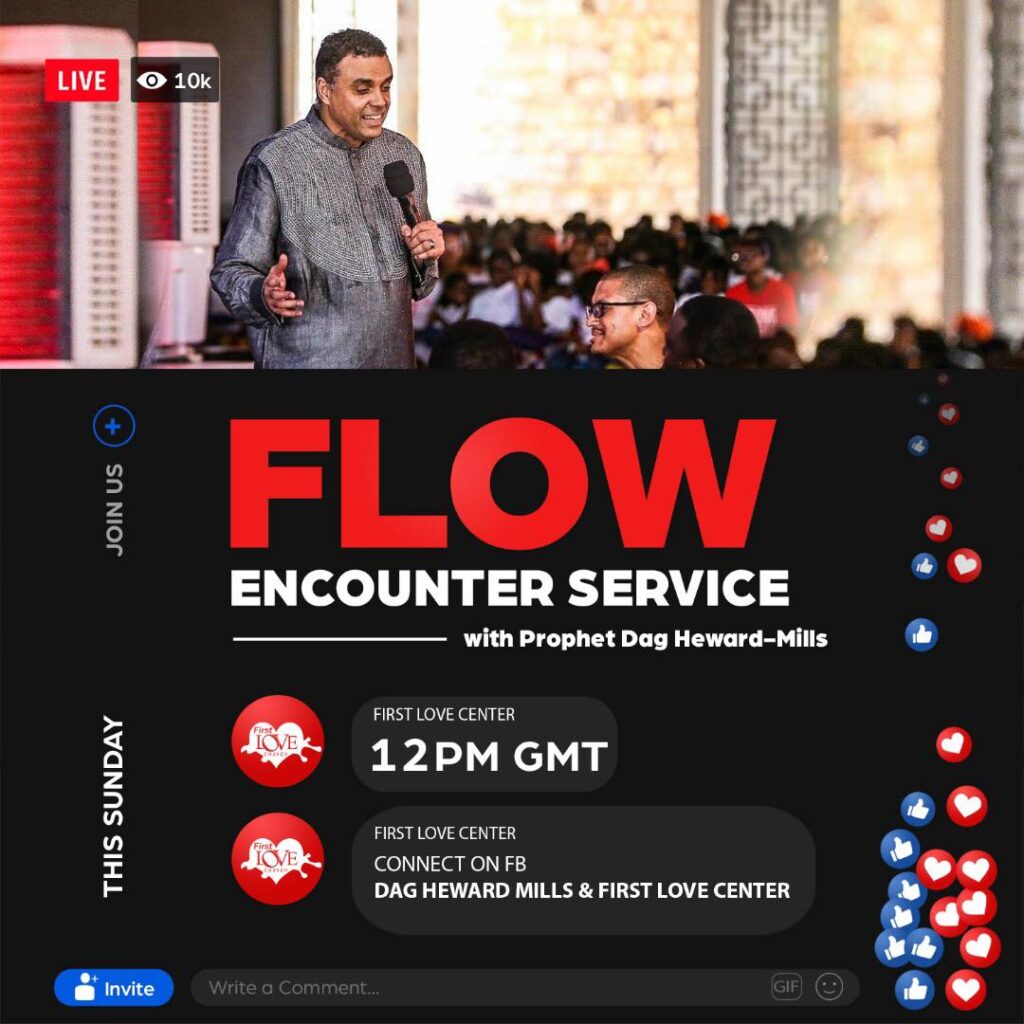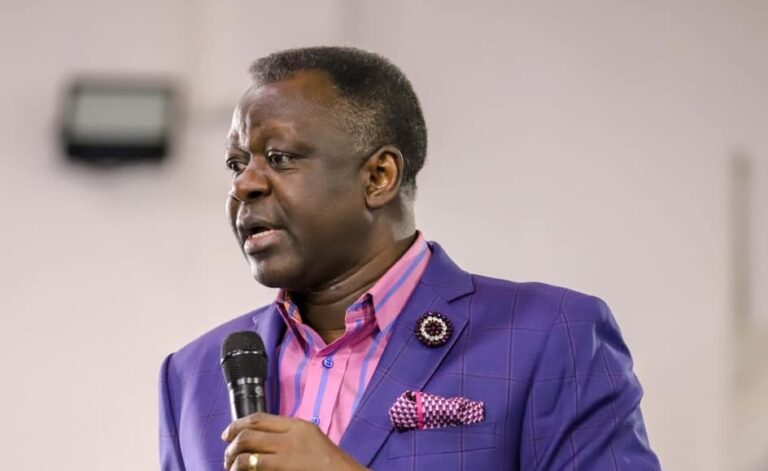Why is it so hard to share our faith? Let me rephrase that. Why is it so hard to share our faith in a smart, loving, brave, honest, humble, and confident way? When you add those qualifiers, it gets a bit wordy and a whole lot harder. These qualifiers hint at why it’s so difficult to do something that shouldn’t be complicated—telling people about Jesus.
1. Let’s start with the descriptor smart.
Many of us feel as if we need a theology degree to debate an average skeptic on the tenets of our faith. There are two fronts we face in this battle. One is a cultural front. In our hyperspeed culture, if you can’t produce a dazzling point in sixty seconds, you might as well yawn on behalf of your audience and get it over with. How do you share something as complex as the gospel at the expected pace?
2. We also feel unequipped on another front: ignorance.
Many Jesus-followers are rather uninformed on the history, accuracy, context, and content of the Scriptures, and the research necessary to acquire substantive knowledge of our faith takes much longer than a two-minute Google search. The solution is simple, but not easy. We need to study the Scriptures with much more commitment and depth, and then deliver this knowledge with gentleness and respect.
In your hearts revere Christ as Lord. Always be prepared to give an answer to everyone who asks you to give the reason for the hope that you have. But do this with gentleness and respect (1 Peter 3:15, NIV).
3. There’s another reason we tend not to talk about God: we wait too long.
We’ve all heard the phrase “The first step is always the hardest.” It is derived from a proverb describing how the first stretch of a difficult journey is the hardest. Sometimes integrating faith into the journey of a particular friendship is the hardest step. You know the routine: We make a new friend (yay!). We talk about sports, the weather, The Bachelor. Then we slide into the next phase of friendship—familiarity. Uh-oh. We haven’t told them the most important thing about ourselves: We love Jesus (eek!). We missed the window where it would feel normal to tell them, and now it will feel yucky if we get rejected. The longer we avoid declaring our true allegiance, the more awkward it becomes.
I have two thoughts on this:
First, we need to be intentional about sharing our faith sooner. This is simply part of telling our story, not attempting to convert someone. We can avoid a lot of unnecessary anxiety if we’re more transparent in general.
Second, we need to be less concerned with getting rejected and more concerned with giving credit to the One who made us such desirable friends—God. If you are a true Christ-follower, part of being real is giving Him the credit for your being a halfway decent person. In general, we don’t care for those who are led more by people-pleasing fears than by what they genuinely care about. We may not agree with someone’s beliefs, but we respect them for striving to live by them. But it goes beyond the fact that people will respect you more for standing for your faith than for cowering behind it. It’s about putting God first, and being secure with God rather than feeling secure with people.
He must increase, but I must decrease (John 3:30, ESV).
4. Now for the qualifier brave.
We need courage not only on the personal fear-of-rejection front but on a much more looming front—cultural rejection. In my opinion, the word persecution has been overused. In America today, there isn’t persecution in the sense of being burned at the stake for heresy or beheaded for refusing to deny your faith (which is sadly the case for many present-day martyrs around the world). The persecution that exists in our culture is much more oblique, yet it creates a current of fear that has paralyzed a large number of Christ-followers.
Unfortunately, one can be called many terrible things for expressing the basic views of orthodox Christianity: narrow-minded, irrelevant, naive, stupid, anti-science, judgmental, bigoted, homophobic, misogynistic, intolerant. All these possible misinterpretations of our faith can leave us in retreat mode. Perhaps we don’t want to be so disengaged, but our fear produces that result. To be fair, we have inherited a lot of the mess involving very reasonable criticisms of the public majority of Christians. But we no longer need to pay for the sins of our fathers.
God makes all things new, even the reputation of the church. We can be part of that, but it requires courage. We need to face the unpleasant atmosphere that rejects absolute truth and the idea that holiness is more important than happiness. Perhaps, if we spent more energy looking at real persecution around the world than at the risks we face by engaging culture, then our hearts would naturally swell with a little more bravery.
Consider Him who endured such hostility from sinners, so that you will not grow weary and lose heart. In your struggle against sin, you have not yet resisted to the point of shedding your blood (Hebrews 12:3-4, BSB).
5. Christ-followers also find it difficult to walk the tightrope of humility and confidence.
We tend to come off as either mousy about our faith, hoping subtle subtext will count as evangelism, or as pushy and preachy, loudly and proudly giving people a good dose of no-nonsense truth. But there are some who do it right. They somehow grasp both sides of the harness and testify about the Good News with great finesse. How do we do the same? Fear of being preachy and pushy can keep us passive. Being unimpressed by the reality of free will, and uninterested in walking the longer journey with spiritually adrift people, can reduce our credibility and effectiveness. There are two choices for how we relate to others in matters of faith: invade or invite.
I met a lady at the DMV, and her story was amazing. She’d had a terrible experience with the church as a young woman and vowed never to step foot in a church again. Then she moved to West Palm Beach, where her hairstylist befriended her and asked what she thought about God. This lady shared her views. The hairstylist listened and validated her, and then still invited her to church. She said no at first, but couldn’t stop thinking about it. A week later, she called her hairstylist and agreed to go. Several years later, she’s behind the counter at the DMV sharing her faith, which goes to show good things can really happen at the DMV!
I was convicted when I heard her story. I often shy away from inviting others into a conversation about God, or to a place where they can learn more about God. An invitation can always be declined, and that’s when we know to back off. But if we never give the invitation, how can it be accepted?
Let your light shine before others, so that they may see your good works and give glory to your Father who is in heaven (Matthew 5:16, ESV)
Photo courtesy: ©Unsplash
Talking About God by Steve and Cheri Saccone demonstrates that spiritual conversations have the potential to profoundly impact someone’s faith journey, when we simply engage people with honesty and respect. For people who are intimidated or fatigued by the idea of talking about matters of faith, Talking about God offers story after gripping story about conversations that avoid offering platitudes and unnecessary divisiveness, and instead draw people organically and relationally toward the Good News of Jesus Christ.
Discover refreshing portraits of natural, authentic, God-directed dialogues that protect the dignity of the people we love and lead them into life-changing conversations.

















